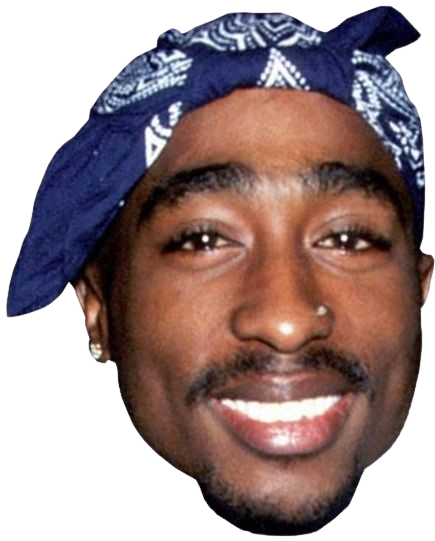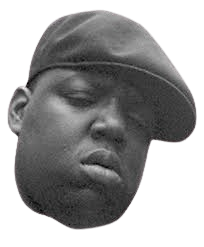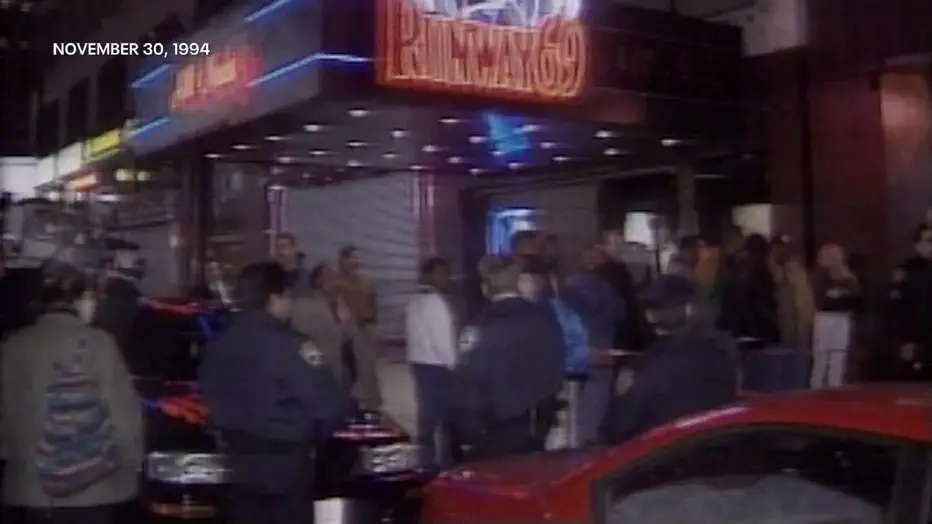

Tupac Shakur was a prolific rapper, poet, and actor known for his raw lyricism and social commentary. He rose to fame in the 1990s, blending street poetry with political activism. In 1994, Tupac crossed paths with fellow rapper Biggie Smalls, sparking a friendship and later a rivalry that would define an era of hip-hop.
Christopher Wallace, known as Biggie Smalls or The Notorious B.I.G., was a lyrical maestro from Brooklyn. His debut album "Ready to Die" solidified his legend. Amidst his rise, he crossed paths with Tupac Shakur, a moment of potential collaboration in hip-hop's history. Their meeting highlighted the genre's diversity and promise before later conflicts overshadowed their bond.
The Incident

The turning point occurred in 1994 at Quad Recording Studios in Times Square. Tupac, while working with Biggie and another New York emcee, Little Shawn, was shot five times in the studio lobby. Although the circumstances remain unconfirmed, Tupac was convinced that Biggie and Sean Combs (P. Diddy) orchestrated the ambush. Despite Biggie's denial, their relationship deteriorated further when Biggie released "Who Shot Ya?" in February 1995. Although Biggie maintained it was not a direct diss toward Tupac, the latter perceived it as a provocation. Upon his release from prison in June 1996, Tupac retaliated with "Hit 'Em Up," a scathing diss track aimed squarely at Biggie. Laden with provocative claims, including an alleged affair with Biggie's wife, Faith Evans (which she refuted), and a vehement reference to the 1994 shooting, the song escalated the feud to unprecedented heights. (https://americansongwriter.com/behind-the-beef-the-fatal-feud-between-tupac-and-notorious-b-i-g/)
The Tragedy

Tupac and Biggie met tragic ends amidst the turbulent backdrop of the East Coast-West Coast rivalry. Tupac was fatally shot in a drive-by shooting in Las Vegas on September 13, 1996, after attending a boxing match. Biggie suffered a similar fate when he was gunned down in a drive-by shooting in Los Angeles on March 9, 1997. Both murders remain unsolved, fueling conspiracy theories and leaving an enduring void in the hip-hop community. Their deaths marked the tragic culmination of a feud that gripped the genre and forever altered its landscape.